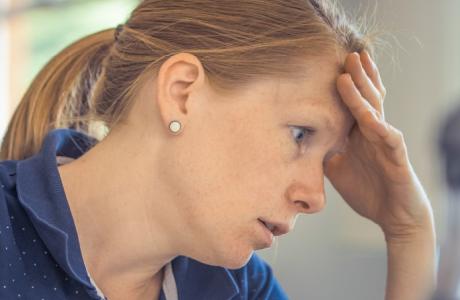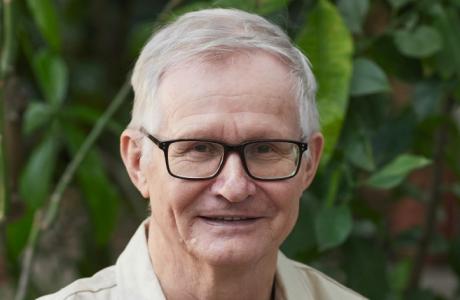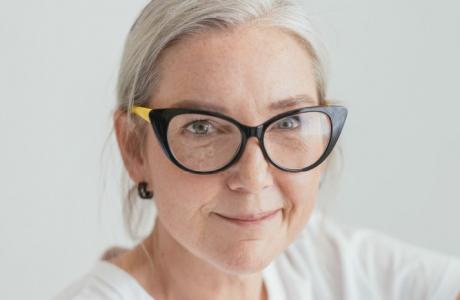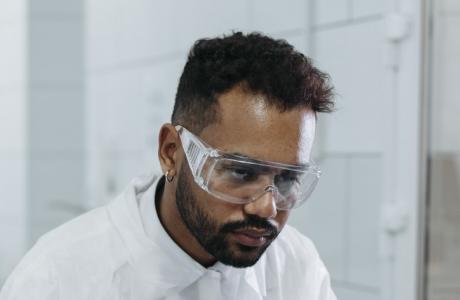Policy positions
Policy position 1
We should ensure seawater desalination and wastewater treatment benefit the local economy as much as possible, even if this means smaller economic benefits across Europe.
Policy position 2
We should ensure the local environmental impact of seawater desalination and wastewater treatment is minimised as much as possible, even if this means less global environmental benefit.
Policy position 3
We should ensure seawater desalination and wastewater treatment benefits the European economy as much as possible, even if this means some environmental impact.
Policy position 4
We should ensure that the health and safety risks of seawater desalination and wastewater treatment are as low as possible, even if this means less efficiency.









